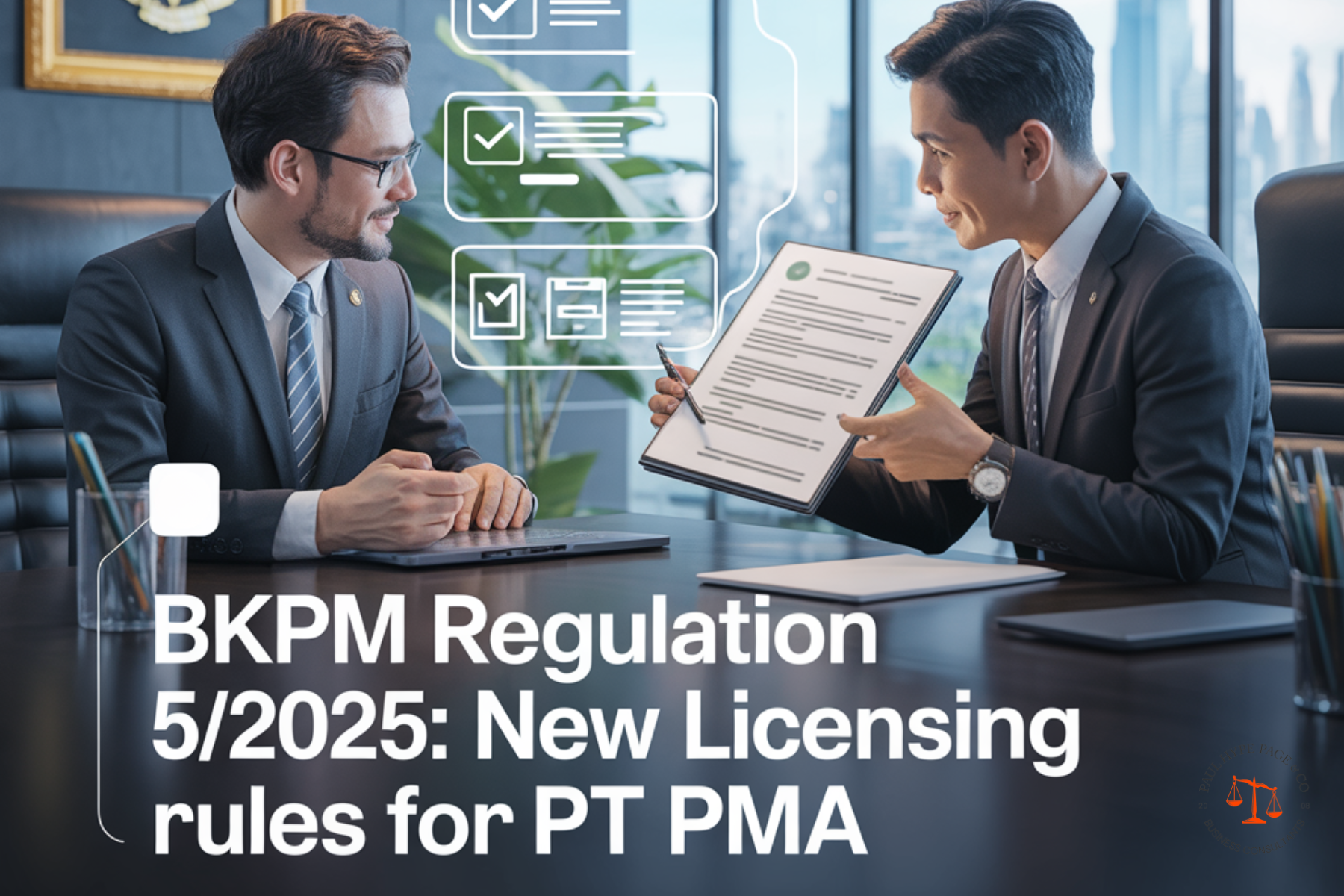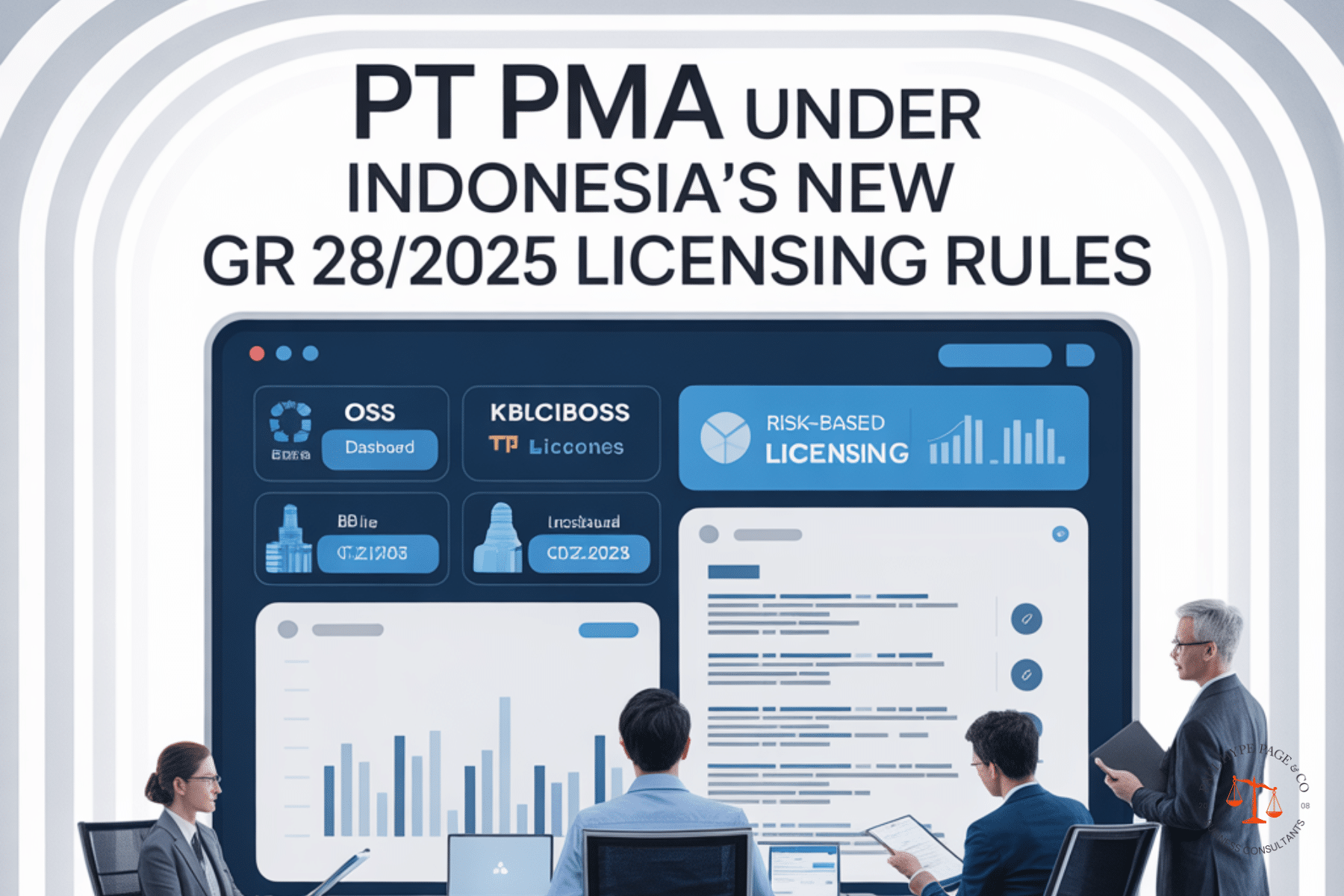The automotive industry of Indonesia is among the most important parts of the country’s manufacturing sector. Many of the world’s well-known automotive corporations have either opened manufacturing plants or expanded business operations to Indonesia. Indonesia has also been evolving from having the status of an export-oriented production center into a major sales market due to rising per capita GDP. Indonesia is the second-largest automotive manufacturing nation in Southeast Asia; it only ranks behind Thailand in this statistic. However, due to a high level of economic growth in recent years, Indonesia is expected to reduce the gap over the next decade. Today, Indonesia primarily depends on foreign direct investment for the establishment of automotive manufacturing facilities. Most of this foreign direct investment is derived from Japan. Indonesia has also been making an effort to develop component industries which support its automotive manufacturing industry.
The Automotive Industry of Indonesia Today
According to the latest statistics, the expansion of domestic vehicle manufacturing capacity has not been in line with the growth of domestic and foreign demand for vehicles made in Indonesia. Despite this fact, there are no major concerns about this situation because vehicle demand has ample room for growth in the years to come; Indonesia’s per capita vehicle ownership is relatively low.
Vehicle sales and economic growth are closely linked. When a country’s per capita gross domestic product (GDP) growth increases the purchasing power of the people of the country and the level of consumer confidence is high, many will become more willing to buy a vehicle. However, in times of economic difficulty, people tend to refuse the purchase of relatively expensive items such as vehicles. Such a correlation between domestic vehicle sales and economic growth has been held in Indonesia. Whenever the Indonesian economy has grown by a significant amount, Indonesian vehicle sales have increased accordingly. Similarly, whenever the Indonesian economy has faced difficulties, a decline in vehicle sales has been seen.
Impact of Fuel Prices and Currency Exchange Rates on Vehicle Sales in Indonesia
Vehicle sales in Indonesia, just as is the case anywhere else in the world, are also affected by fuel prices. Whenever the Indonesian government has raised prices of subsidized fuels to preserve the condition of the country’s economy, vehicle sales have fallen due to the reluctance of many to purchase vehicles when costs incurred on fuel would be high. Currency exchange rates also affect vehicle sales in Indonesia. Whenever the rupiah has been weak, imports have become more expensive. This affects vehicle prices and thus vehicle sales because in Indonesia, many vehicles and vehicle components need to be imported.
However, in general, from a macroeconomic and monetary perspective, vehicle sales across Indonesia in the years to come are expected to increase. There are several reasons for such being the case. Firstly, Indonesia has a rather low per capita vehicle ownership ratio which implies that there is much room for market growth as there will be many first-time vehicle buyers among Indonesia’s expanding middle class. Furthermore, the popular and affordable low-cost green cars are expected to increase vehicle sales in the country. The Indonesian Automotive Industry Association (Gaikindo) expects vehicle sales in the country to continue to steadily increase over the next decade.
Why One Should Start an Automotive Business in Indonesia
Indonesia is the largest vehicle market in Southeast Asia. It accounts for approximately one-third of total annual vehicle sales in Southeast Asia. Indonesia not only has a large population but also boasts of a rapidly expanding middle class. Together, these two factors create a significant consumer force which have caused many a prospective business owner to become interested in starting an Indonesia-based automotive industry.
How to Start an Automotive Business in Indonesia
Starting a business in Indonesia is not as challenging as many believe. After one has chosen the industry in which the business is to be started and the investment plan is ready, the incorporation process can be completed without many problems. One of the most suitable industries in which one may start a company in Indonesia is the automotive sector. Selling motor vehicles in Indonesia is a lucrative business, especially in recent years, because Indonesia imports many of its motor vehicles and does not rely much on its local motor vehicle manufacturing industry. For this reason, it is not difficult to start an automotive dealership in Indonesia. Of course, anyone who is considering starting an automotive business in Indonesia ought to have some degree of knowledge about the local requirements and regulations.
Incorporating an Automotive Business in Indonesia
Business incorporation in Indonesia must comply with company laws and BKPM requirements.
It is also important to select a business entity suitable for the business. Those who plan to start an automotive business based in Indonesia ought to know that the foreign-owned company (PT PMA) and the local company (PT) are the business entities which are most commonly selected.
Selling Motor Vehicles in Indonesia
One can either choose to set up a new motor vehicle dealership or a used motor vehicle dealership business in Indonesia.
Due to the large population in Indonesia, a business owner can sell various types of motor vehicles in Indonesia to make a profit. Motor vehicles sold in Indonesia include premium vehicles, tourist vehicles, and vehicles for personal use.
After learning about starting an automotive business in Indonesia, you might be interested in pursuing this opportunity yourself. If you would, we at Paul Hype Page & Co can be of much service to you. Our incorporation team will set you on the path towards owning an Indonesia-based company of your own. Should you encounter any issues during the incorporation process, we will be able to work with you to resolve them.
Regulations Related to Indonesian Automotive Businesses
Those who have a foreign-owned limited liability company are required to have a local agent to sell motor vehicles. Registered companies with local partners can act as direct distributors in Indonesia based on the distribution agreement. Automotive business owners in Indonesia must obtain a general import license (API-U) to import vehicles for sale.
Automotive business owners must obtain paperwork showing vehicles comply with local emission regulations. Sale-purchase agreements signed by both the buyer and the seller are also required. The prices of the vehicles to be sold must include the retail price as well as all taxes which are to be imposed.
Regulation No. 22 is an important regulation related to the sale of vehicles in Indonesia. It categorizes all automotive companies in Indonesia into four groups: distributors, sub-distributors, agents, and sub-agents.
FAQs
The Indonesian government expects the country’s vehicle exports to increase, particularly since the implementation of the ASEAN Economic Community (AEC), which has turned the Southeast Asian region into one single market and production area. The AEC is expected to provide more opportunities for exporters by increasing the amount of regional trade conducted. The most important export markets in Southeast Asia are Thailand, the Philippines, and Malaysia. Many Indonesian-made vehicles are also exported to Japan and Saudi Arabia.
However, it is difficult for Indonesia to increase its vehicle exports because the nation’s automotive industry is still at the Euro 2 level, thus implying that its standards with regard to emissions are relatively low when compared to those of other countries. Other issues that limit exports of Indonesian-made vehicles are concerns about safety standards as well as a relative lack of technological and infrastructural development.
Every business venture is faced with various challenges, and automotive businesses in Indonesia are no exception to these challenges. The main challenges which must be overcome by Indonesian automotive business owners include the following: ability to cater to the local market, import duties, brand prominence or lack thereof, product availability, currency exchange rate fluctuations, language barriers, differences in payment methods, and foreign laws and regulations if they are applicable.
Share This Guide, Choose Your Platform!
Related Business Articles



